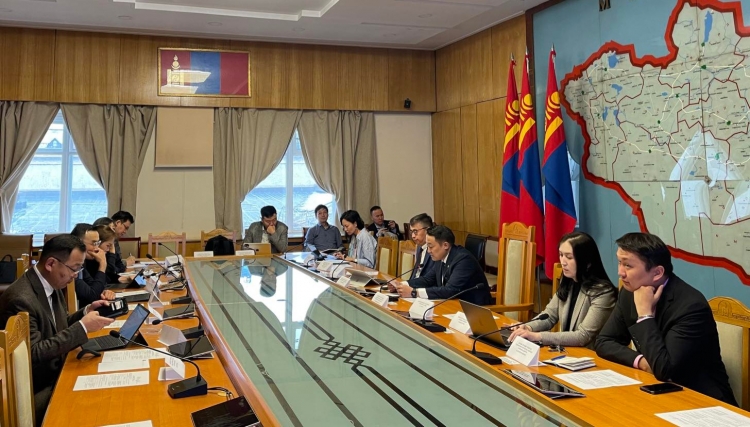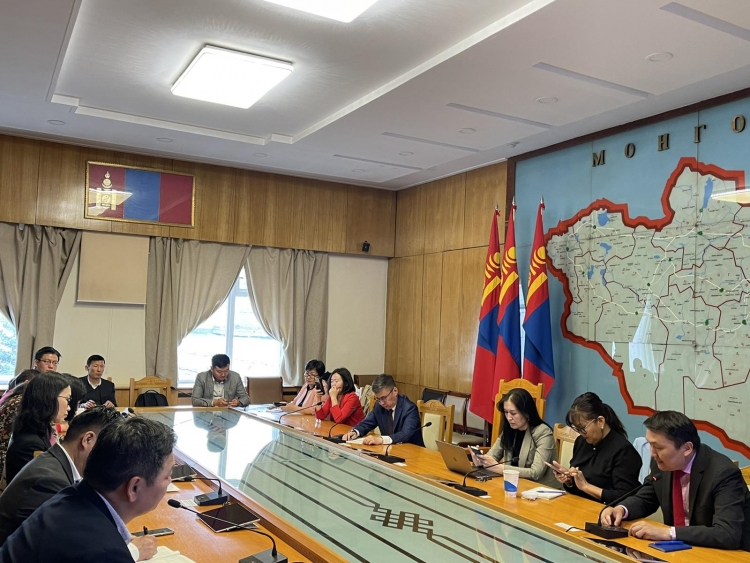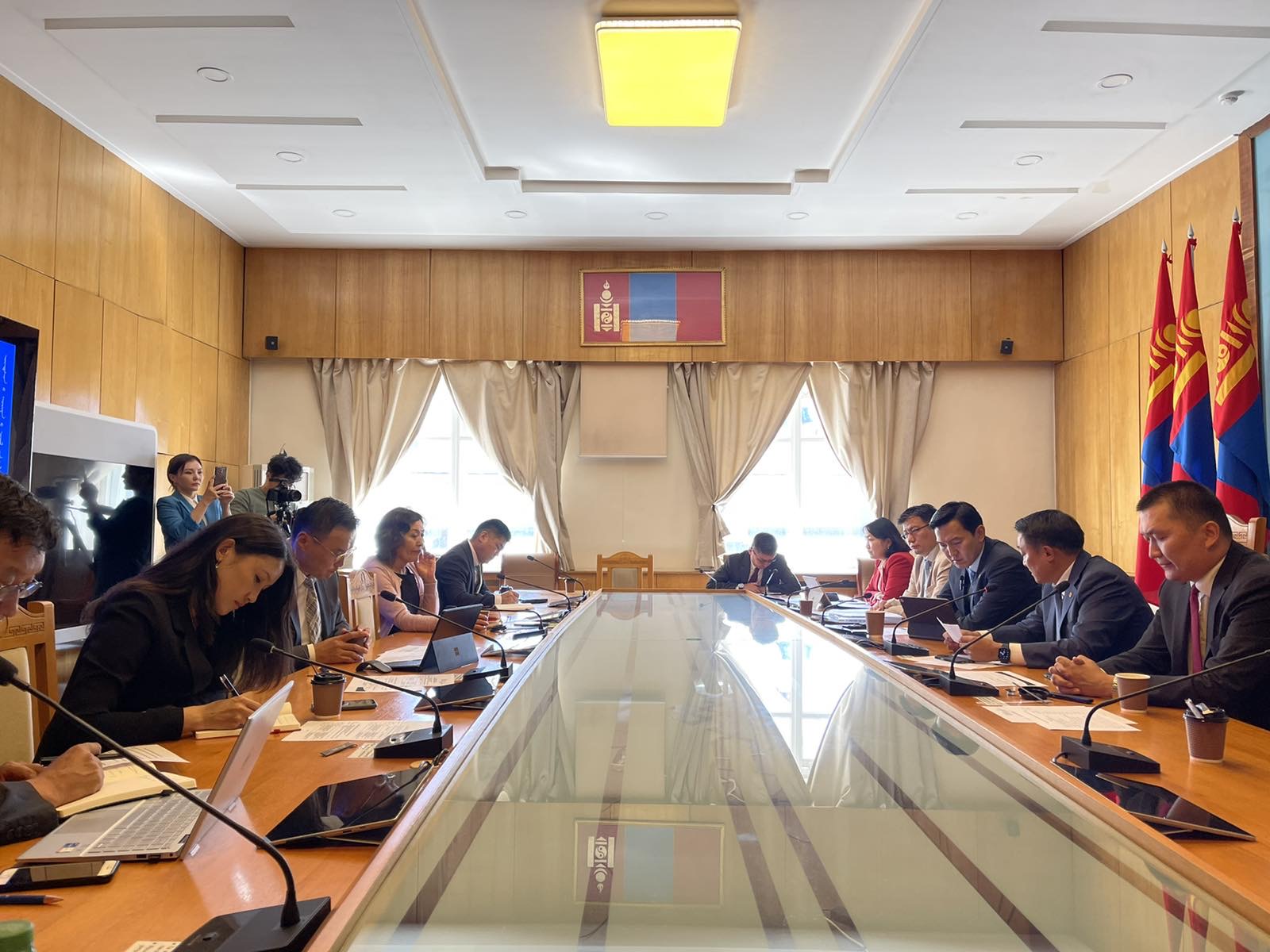Буцах
Governments are entrusted with the power to collect, allocate, and spend public funds. Supreme Audit Institutions (SAIs) provide a check on governments’ use of public resources through regular audits of government budgets and expenditures. SAIs provide objective and unbiased information on how public funds are managed – or mismanaged – by making the results of their audits available to parliaments and the public. This traditional role of SAIs makes them a natural ally to the values that make up the Open Government Partnership (OGP): transparency, citizen participation, inclusion, and accountability.
Let us break down the connection between the role of SAIs and open government:
Transparency
Public funds can be mismanaged or misused, which weakens the impact of government spending on the welfare of lives’ citizens. To counter this risk, citizens should be able to use and access objective and unbiased information on how governments use their powers to collect, allocate, and spend public money. SAIs are one of the main sources for sharing how public resources and money are managed by their governments. Audit reports disclose evidence on how governments operate that would not otherwise be available, including information about the decisions adopted by public entities. For example, during the Ebola outbreak in 2014-15, the SAIs of Liberia and Sierra Leone conducted real-time audits as well as audits in the aftermath of the outbreak. The SAIs audited disbursements, procurements, payroll and asset management, in addition to the financial statements of the projects and entities responsible for managing the response to the epidemic.
Citizen Participation
Oversight mechanisms in SAIs are strengthened with elements of public participation and transparency. SAIs audit reports disclose information that civil society organizations (CSOs) require to fulfill their role as citizens watchdogs. These reports offer details on the performance of governments, the flaws and problems they are facing to meet their public policy objectives, and potential solutions to address these challenges through the audit recommendations. In addition, SAIs tell civil society whether the information generated by governments is complete, objective, reliable, relevant, and understandable.
SAIs may also incorporate CSO priorities by focusing their future audits on areas of concern for citizens and accommodating their feedback to define the scope of their audit processes. For example, since 2004, the SAI of Argentina has called for an annual meeting with various CSOs for them to suggest audit topics to be included in the following year’s action plan. This mechanism is known as “participatory planning”.
Accountability
SAIs can help public bodies to strengthen accountability for public finances, including the timeliness and reliability of accounting and financial information. By assessing the efficiency and effectiveness of controls and procedures and identifying recommendations to address any shortcomings identified in the audit, SAIs can help prevent corruption. For example, the SAI of South Africa has been collaborating with the institutions that deal with investigations into fraud and corruption relating to COVID-19 spending by sharing its audits findings and data analyses.
Inclusion
The work of SAIs contributes directly to the evaluation of government programs and activities aimed at creating an inclusive society, including UN Sustainable Development Goals, in particular goal 5 (gender equality), goal 10 (reduced inequalities) and goal 16 (promote peaceful and inclusive societies). For example, INTOSAI Development Initiative (IDI) has supported the SAI of Uganda in conducting an audit of “Elimination of Intimate Partner Violence Against Women”. It examines the impact of COVID-19 on intimate partner violence and government efforts to provide an effective, accountable and inclusive institutional framework for eliminating intimate partner violence, especially for the most vulnerable women living with disabilities or in poverty.
Strengthening SAIs can bolster transparency and government oversight. INTOSAI Development Initiative (IDI) is keen to work with the open government community to support efforts oriented at advancing the independence and capacities enhancement of SAIs as part of OGP action plans. In fact, independent, professional, and relevant SAIs are a structural asset to the ongoing open government process across OGP countries.






